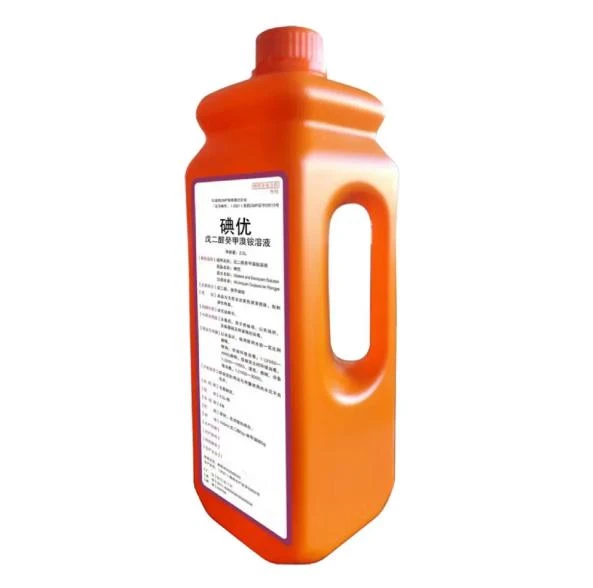- Afrikaans
- Albanian
- Amharic
- Arabic
- Armenian
- Azerbaijani
- Basque
- Belarusian
- Bengali
- Bosnian
- Bulgarian
- Catalan
- Cebuano
- Corsican
- Croatian
- Czech
- Danish
- Dutch
- English
- Esperanto
- Estonian
- Finnish
- French
- Frisian
- Galician
- Georgian
- German
- Greek
- Gujarati
- Haitian Creole
- hausa
- hawaiian
- Hebrew
- Hindi
- Miao
- Hungarian
- Icelandic
- igbo
- Indonesian
- irish
- Italian
- Japanese
- Javanese
- Kannada
- kazakh
- Khmer
- Rwandese
- Korean
- Kurdish
- Kyrgyz
- Lao
- Latin
- Latvian
- Lithuanian
- Luxembourgish
- Macedonian
- Malgashi
- Malay
- Malayalam
- Maltese
- Maori
- Marathi
- Mongolian
- Myanmar
- Nepali
- Norwegian
- Norwegian
- Occitan
- Pashto
- Persian
- Polish
- Portuguese
- Punjabi
- Romanian
- Russian
- Samoan
- Scottish Gaelic
- Serbian
- Sesotho
- Shona
- Sindhi
- Sinhala
- Slovak
- Slovenian
- Somali
- Spanish
- Sundanese
- Swahili
- Swedish
- Tagalog
- Tajik
- Tamil
- Tatar
- Telugu
- Thai
- Turkish
- Turkmen
- Ukrainian
- Urdu
- Uighur
- Uzbek
- Vietnamese
- Welsh
- Bantu
- Yiddish
- Yoruba
- Zulu
9 月 . 21, 2024 10:58 Back to list
gentamicin sulfate generic
Understanding Gentamicin Sulfate A Comprehensive Overview
Gentamicin sulfate is an aminoglycoside antibiotic used primarily to treat a variety of bacterial infections. It is effective against a wide range of Gram-negative bacteria, including Pseudomonas aeruginosa, Escherichia coli, and Klebsiella species. Healthcare professionals often prescribe gentamicin for serious infections caused by these pathogens, which may occur in various settings such as hospitals where antibiotic-resistant bacteria are prevalent.
The drug works by inhibiting bacterial protein synthesis, ultimately leading to cell death. Gentamicin achieves this by binding to the 30S ribosomal subunit of bacteria, disrupting the accuracy of mRNA translation. This mechanism of action underscores the drug's effectiveness in combating serious bacterial infections.
Understanding Gentamicin Sulfate A Comprehensive Overview
While gentamicin is generally effective and well-tolerated, it is not without risks. The most significant side effects associated with gentamicin sulfate include nephrotoxicity and ototoxicity. Prolonged use or high doses can lead to kidney damage and hearing loss, necessitating careful monitoring of renal function during treatment. As such, clinicians often consider dose adjustments based on kidney function, especially in patients with pre-existing renal impairments.
gentamicin sulfate generic

The availability of gentamicin sulfate in generic form makes it an accessible treatment option for many patients. Generic medications are equivalent to their brand-name counterparts in terms of dosage, strength, and efficacy. This affordability expands access to life-saving treatments, particularly for those in less affluent populations or regions.
In addition, gentamicin sulfate’s broad-spectrum activity and low cost contribute to its continued use in empirical treatment strategies, especially in emergency and intensive care settings. However, antibiotic stewardship is vital in minimizing the development of resistance. Overuse or inappropriate prescribing of gentamicin can lead to an increase in resistant strains of bacteria, limiting its effectiveness in future treatments.
Patients prescribed gentamicin sulfate should be informed about the importance of adhering to the prescribed dosage and schedule. It is crucial to complete the full course of the medication, even if symptoms improve, to help prevent the emergence of resistant bacteria. Additionally, patients should report any side effects, particularly changes in hearing or signs of renal distress, such as decreased urination or swelling.
In conclusion, gentamicin sulfate remains a critical antibiotic in the arsenal against bacterial infections. Its effectiveness, availability in generic form, and broad spectrum of action make it a valuable tool in both outpatient and hospital settings. However, the potential risks associated with its use require careful consideration and monitoring by healthcare professionals to ensure patient safety and the continued efficacy of this important antibiotic. As we navigate the complexities of bacterial resistance, maintaining responsible prescribing practices for gentamicin will be essential to preserving its utility for future generations.
-
The Power of Radix Isatidis Extract for Your Health and Wellness
NewsOct.29,2024
-
Neomycin Sulfate Soluble Powder: A Versatile Solution for Pet Health
NewsOct.29,2024
-
Lincomycin Hydrochloride Soluble Powder – The Essential Solution
NewsOct.29,2024
-
Garamycin Gentamicin Sulfate for Effective Infection Control
NewsOct.29,2024
-
Doxycycline Hyclate Soluble Powder: Your Antibiotic Needs
NewsOct.29,2024
-
Tilmicosin Premix: The Ultimate Solution for Poultry Health
NewsOct.29,2024













